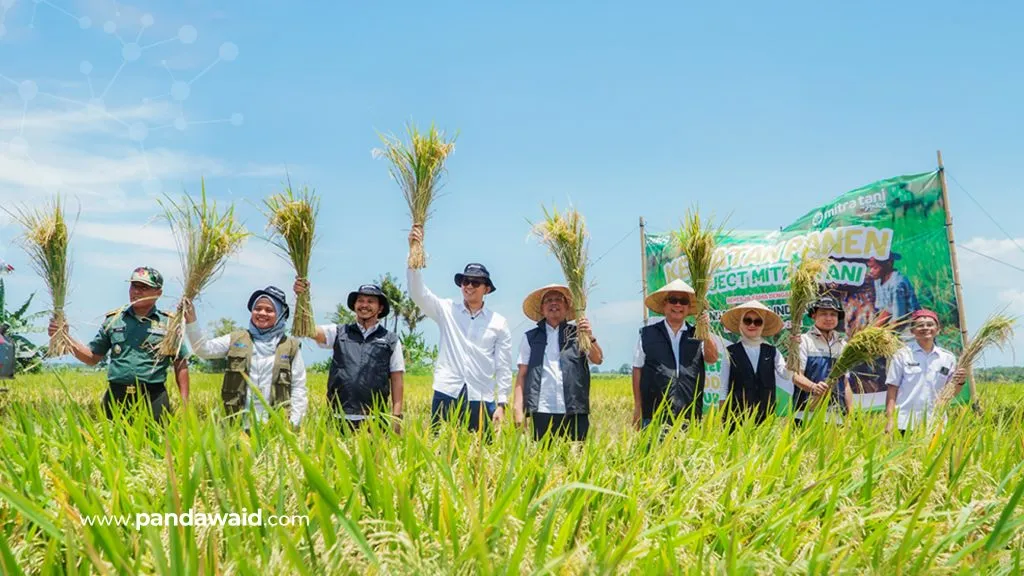In the heart of Suwawa Selatan, a region grappling with the harsh realities of climate change, a groundbreaking study is shedding light on the critical need for tailored agricultural extension materials to foster sustainable farming practices. Led by Anisa Anisa from the Department of Agribusiness at Universitas Negeri Gorontalo, this research delves into the preferences of maize and chili farmers, offering a roadmap for more effective agricultural extension strategies.
The study, published in ‘Ziraa’ah: Majalah Ilmiah Pertanian’ (which translates to ‘Ziraa’ah: Journal of Agricultural Science’), employs a quantitative method using BNA analysis techniques and independent T-test statistical tests to identify the knowledge levels and implementation of sustainable agriculture practices among farmers. The findings reveal a stark contrast between maize and chili farmers in terms of their knowledge and needs.
Anisa Anisa highlights, “Maize farmers in Suwawa Selatan exhibit a lower level of knowledge regarding sustainable agriculture components compared to chili farmers.” This knowledge gap underscores the urgent need for targeted extension materials that address the specific challenges faced by each farming community.
For chili farmers, the priority lies in increasing the use of organic fertilizers and reducing excessive soil plowing. “Chili farmers need materials that emphasize the benefits of organic fertilizers and the importance of minimizing soil disturbance to maintain soil health and fertility,” Anisa explains.
On the other hand, maize farmers require extension materials focused on reducing the use of chemical fertilizers and herbicides. “By providing maize farmers with information on sustainable alternatives to chemical inputs, we can help them adopt practices that are not only environmentally friendly but also economically viable in the long run,” Anisa adds.
The commercial implications of this research are significant for the agricultural sector. By tailoring extension materials to the specific needs of farmers, agricultural extension services can enhance the adoption of sustainable practices, leading to increased productivity, improved soil health, and reduced environmental impact. This, in turn, can contribute to the overall sustainability and profitability of the agricultural sector.
The study’s findings also have broader implications for the energy sector. As the world shifts towards renewable energy sources, the demand for sustainable agricultural practices that can support bioenergy production is on the rise. By promoting the use of organic fertilizers and reducing the reliance on chemical inputs, farmers can contribute to the production of sustainable bioenergy feedstocks, thereby supporting the transition to a low-carbon economy.
Anisa Anisa’s research serves as a call to action for agricultural extension services to prioritize the development of tailored extension materials that address the unique needs of farmers. By doing so, they can play a pivotal role in promoting sustainable agriculture practices that benefit both the environment and the agricultural sector.
As the world grapples with the challenges of climate change, this research offers a glimmer of hope, demonstrating the power of targeted extension materials in driving sustainable agricultural practices. By investing in the development of these materials, we can support farmers in their transition to more sustainable and resilient farming practices, ultimately contributing to a more sustainable and secure food future.

